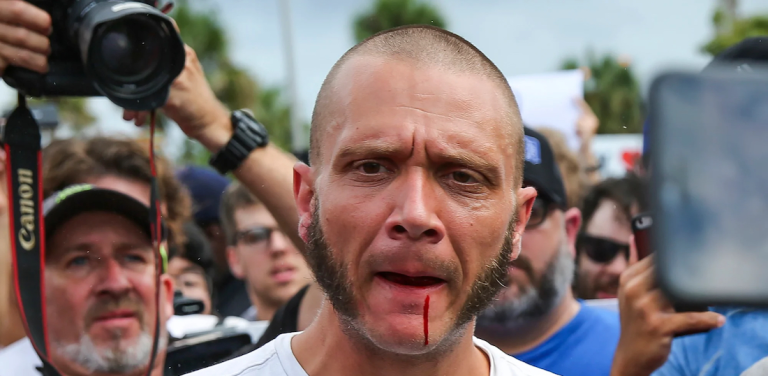
New York, N.Y. – A recent analysis highlights the alarming growth of transnational white supremacist militancy in South Africa, revealing how domestic and international far-right networks are intertwining, amplifying extremist ideologies globally.
According to a Council on Foreign Relations blog post by Jacob Ware, a research associate specializing in counterterrorism, “As white supremacist militancy has raced across the Western world, it has not spared South Africa from being swept up in the chaos.” This development underscores the urgent need to address the global spread of far-right extremism, particularly in a nation with a fraught history of racial division.
White Supremacist Networks Expand
South Africa’s history of apartheid, which institutionalized racial oppression for over four decades, provides fertile ground for white supremacist ideologies. Ware notes, “South Africa, of course, has its own long—and painful—history of white supremacism.” The end of apartheid in the 1990s did not erase racial tensions, as economic disparities persist, with the white population still holding significant wealth. This backdrop fuels domestic white supremacist movements, which both influence and draw inspiration from global far-right trends. International white supremacist networks strengthen these local groups, creating a dangerous feedback loop.
Global Connections Fuel Violence
The transnational nature of this threat is evident in connections to violent incidents worldwide. Ware cites the neo-Nazi group The Base, which has recruited in South Africa and been linked to plots in the U.S., including in Maryland and Georgia. Additionally, Simon Roche, a prominent figure in the Suidlanders, an Afrikaner survivalist group, participated in the 2017 Charlottesville Unite the Right rally, where a white supremacist attack resulted in a young woman’s death.
Ware quotes a Cape Town-based journalist: “We laugh at the far right because it makes them seem less frightening, but it doesn’t make them any less dangerous.” This underscores the risk of underestimating these groups, especially in the era of social media radicalization and lone actor terrorism.
Historical Context and Modern Challenges
South Africa’s post-apartheid era has been marked by efforts to build a democratic, inclusive society, but racial tensions remain raw. Ware explains, “Since the 1990s, when apartheid finally collapsed, race relations have remained raw, and the white population still holds much of the economic capital.”
This economic disparity fuels resentment, which white supremacist groups exploit to push narratives of white victimhood. The myth of “white genocide” in South Africa, though empirically baseless, has been used to stoke fears globally, particularly in the U.S., where groups like the Proud Boys amplify these claims to fuel ethno-nationalism.
International Implications and Policy Needs
The global reach of South African white supremacist movements demands a coordinated international response. Ware’s analysis suggests that Western governments must prioritize countering transnational far-right extremism, as these networks pose a threat beyond South Africa’s borders.
The U.S., Europe, and New Zealand have already witnessed devastating attacks linked to these ideologies, such as the 2019 Christchurch mosque shootings, which killed 51 people. Ware’s insights call for enhanced intelligence-sharing and community-based interventions to prevent radicalization, emphasizing that “all it takes is one” to unleash violence.
The Council on Foreign Relations report highlights the need for proactive measures, including disrupting online radicalization platforms and addressing the socioeconomic factors that fuel extremism. As South Africa navigates its postcolonial challenges, global cooperation is essential to dismantle these networks and promote racial reconciliation.
Danger: Transnational White Supremacist Militancy Thrives (May 20, 2025)